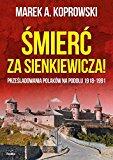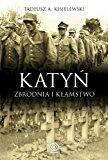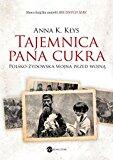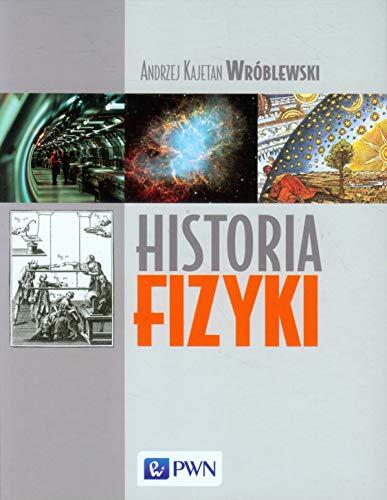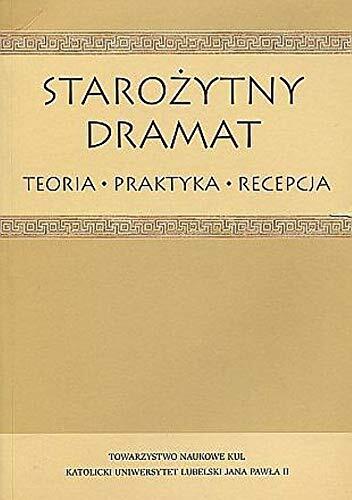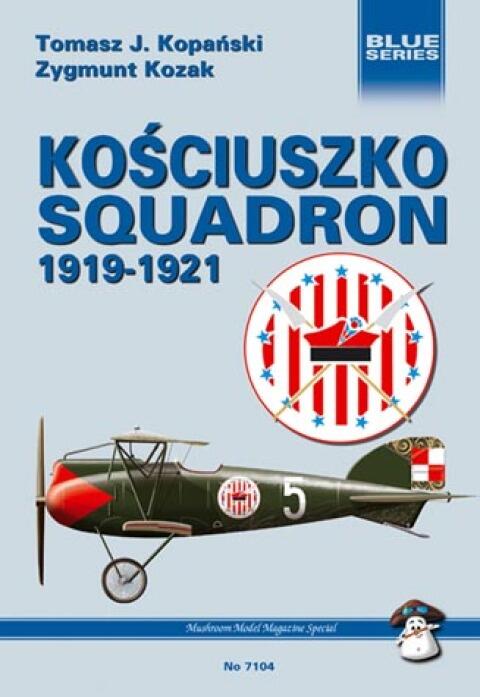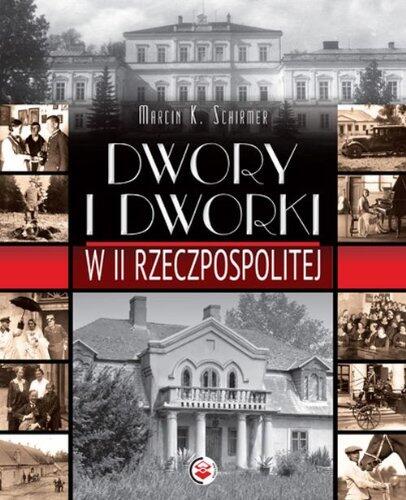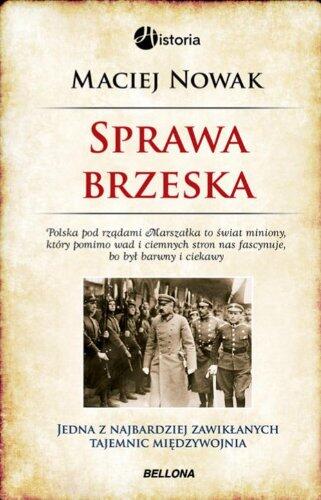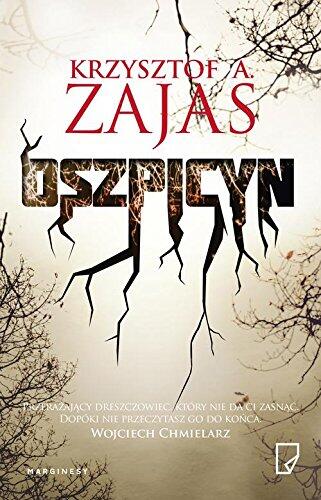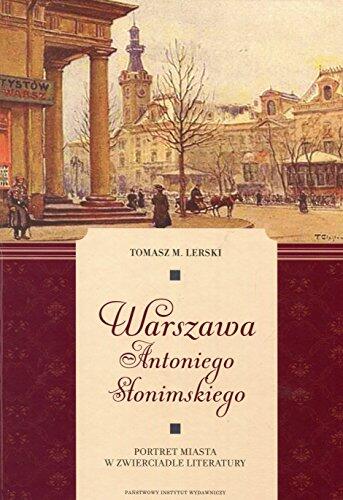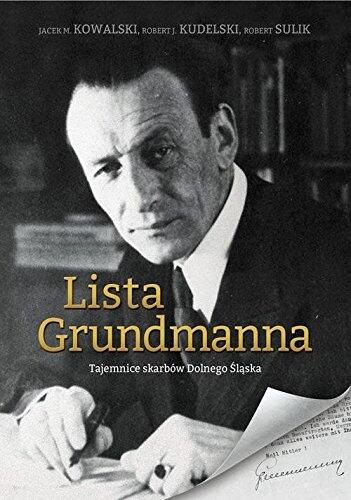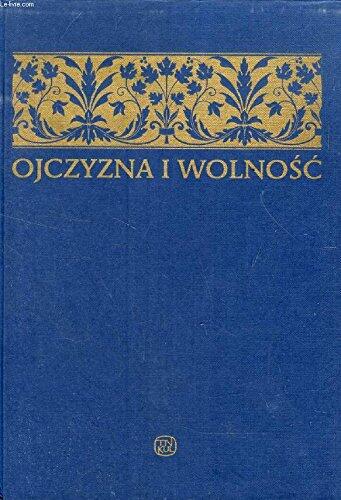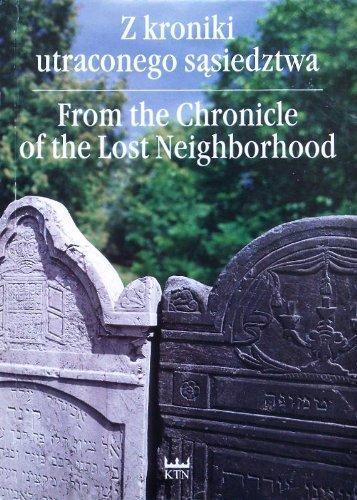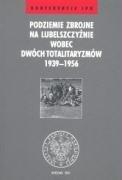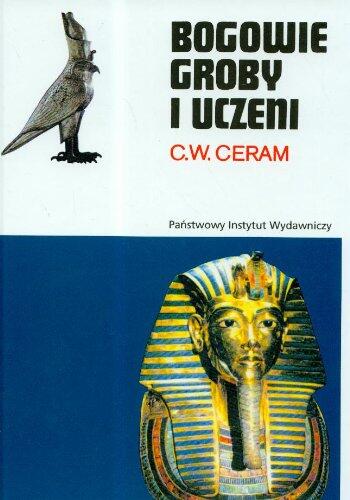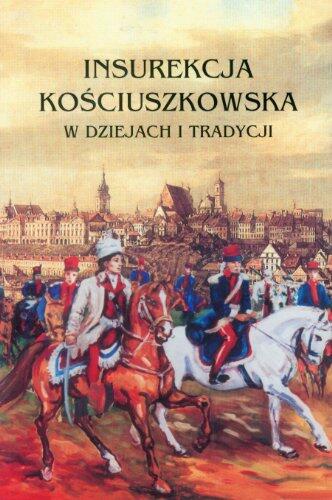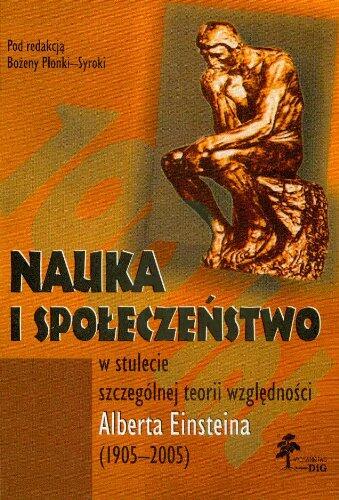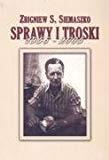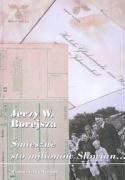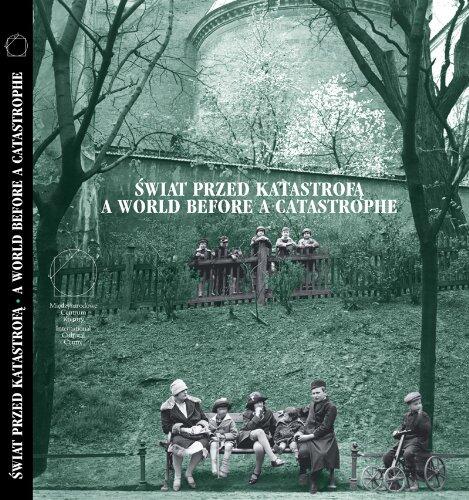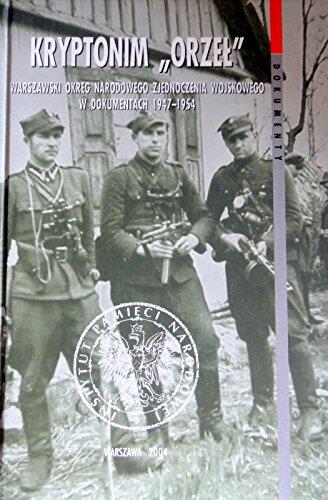
Kryptonim Orzeł: Warszawski Okręg Narodowego Zjednoczenia Wojskowego W Dokumentach 1947-1954
بواسطة
Tomasz Łabuszewski, Jacek Pawlowicz I Leszek Żebrowski, Kazimierz Krajewski
لا توجد تقييمات بعد
History
تنسيق
غلاف صلب
صفحات
755
لغة
البولندية
منشور
Jan 1, 2004
الناشر
Oficyna Wydawnicza Rytm
رقم ISBN-10
8373990704
رقم ISBN-13
9788373990708
الوصف
Set against the backdrop of post-World War II Poland, this collection of documents meticulously chronicles the activities and ideologies of the National Military Union in the Warsaw region from 1947 to 1954. Through the lens of multiple authors, the narrative reveals the tumultuous period when resistance movements were striving to assert their influence in a rapidly changing political landscape.
The compilation not only serves as an important historical record but also sheds light on the personal and collective struggles faced by members of the Union, highlighting their commitment to national sovereignty amid pervasive oppression. Each document encapsulates the moral dilemmas and complexities that the resistance fighters grappled with, providing depth to their motivations and aspirations.
With an extensive bibliography and index, the work is positioned as a vital resource for historians, researchers, and anyone interested in understanding the intricacies of Poland's post-war resistance. As a scholarly endeavor, it invites readers to engage deeply with the historical material, posing questions about loyalty, sacrifice, and the fight for a free Poland. Through its careful curation, this collection honors those who came before while challenging contemporary notions of patriotism and resistance.
The compilation not only serves as an important historical record but also sheds light on the personal and collective struggles faced by members of the Union, highlighting their commitment to national sovereignty amid pervasive oppression. Each document encapsulates the moral dilemmas and complexities that the resistance fighters grappled with, providing depth to their motivations and aspirations.
With an extensive bibliography and index, the work is positioned as a vital resource for historians, researchers, and anyone interested in understanding the intricacies of Poland's post-war resistance. As a scholarly endeavor, it invites readers to engage deeply with the historical material, posing questions about loyalty, sacrifice, and the fight for a free Poland. Through its careful curation, this collection honors those who came before while challenging contemporary notions of patriotism and resistance.
